Tax Planning Tips for Self Employed Individuals
Introduction
Navigating the complexities of tax planning can be daunting for self-employed individuals. With varying income streams and fluctuating expenses, strategizing can significantly impact financial health. This article highlights key tax planning tips to help self-employed individuals manage their taxes efficiently.
Advertisement
Understand Your Tax Obligations
Being self-employed means you bear the total responsibility for your taxes, including income, self-employment (SE), and potentially state taxes. For many, this means an approximate 15% SE tax on net profits. Familiarizing yourself with these obligations helps you strategize and avoid surprises come tax season.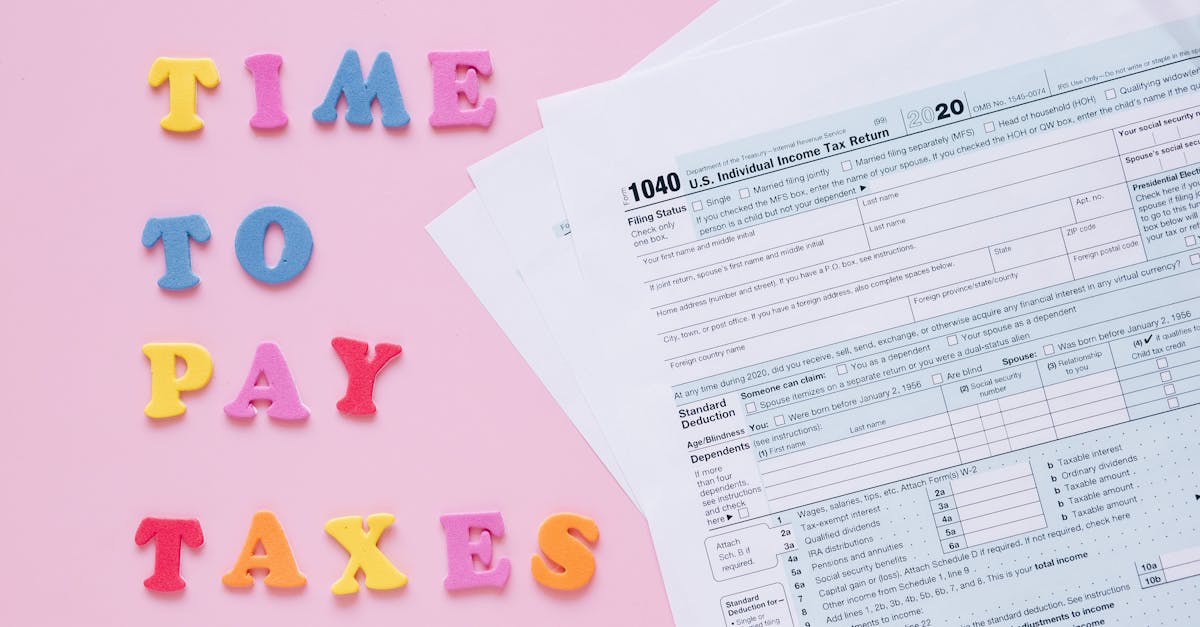
Advertisement
Keep Detailed Records
Meticulous record-keeping is a cornerstone of effective tax planning. Maintaining organized digital or physical records helps support your expenses and deductions claims. Use financial software or apps to track income and expenses consistently, making tax filing more straightforward and less stressful.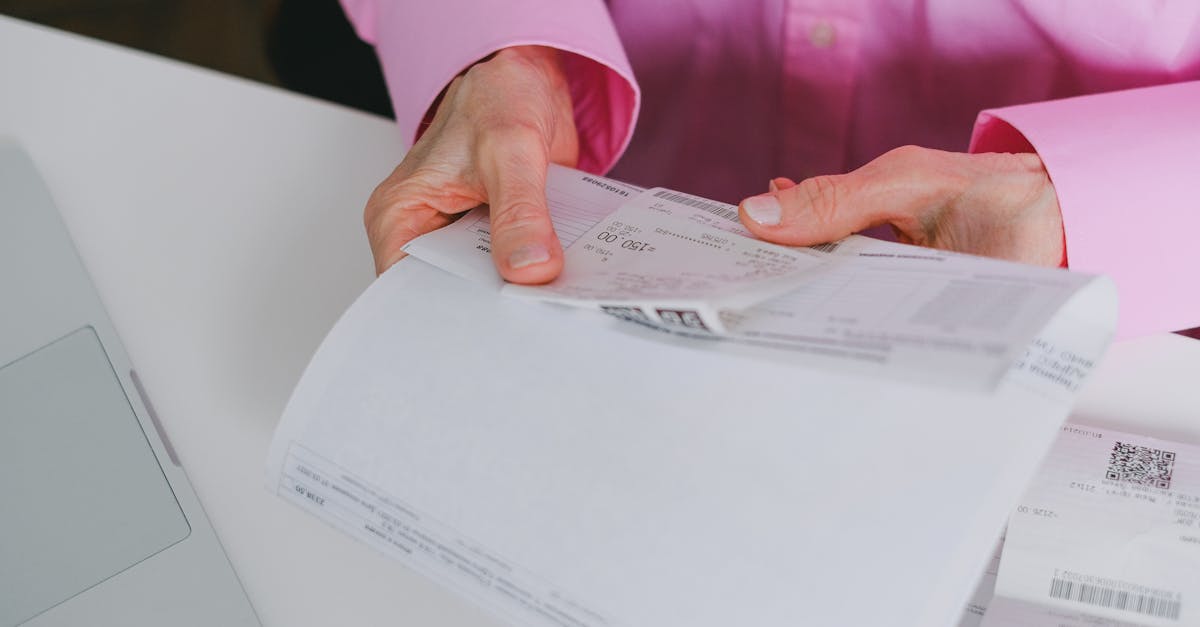
Advertisement
Make Quarterly Tax Payments
Unlike traditional employees, self-employed individuals must estimate and pay taxes quarterly. Underestimating can lead to interest and penalties. Assess prior years' income and expenses to predict your tax liabilities accurately, ensuring timely and accurate payments each quarter.
Advertisement
Maximize Deductions
Minimizing taxable income through deductions can significantly reduce your tax burden. Common deductions include home office expenses, travel costs, and work-related purchases. Always keep receipts and documentation to substantiate your claims. A tax advisor can help identify all qualifying deductions unique to your business activities.
Advertisement
Consider a Tax-Deferred Retirement Plan
Contributing to a tax-deferred retirement plan can lower current tax liabilities while securing your financial future. Options like Solo 401(k), SEP IRA, or SIMPLE IRA plans offer significant contribution limits and tax advantages, which can compound savings over time and reduce your taxable income.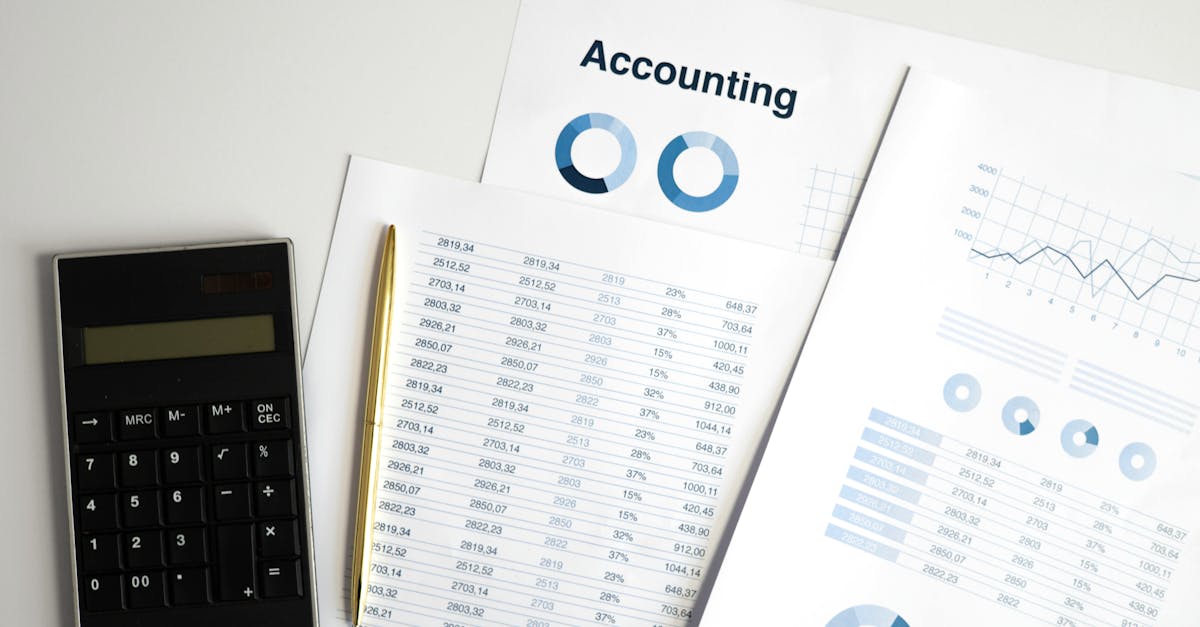
Advertisement
Understand Health Insurance Deductions
Self-employed individuals can deduct health insurance premiums for themselves and their dependents, thereby lowering taxable income. This deduction can be particularly beneficial for those paying out-of-pocket for health coverage, making it a vital component of comprehensive tax planning.
Advertisement
Hire a Qualified Tax Professional
With changing tax codes and potential complexities in individual business operations, hiring a tax professional offers security and peace of mind. They can provide personalized advice, handle complicated filings, and ensure you stay compliant while maximizing your tax efficiency.
Advertisement
Plan for Future Tax Liabilities
Effective tax planning involves looking ahead and preparing for future financial obligations. As your business grows, your tax liabilities may increase. Investing in tax-saving strategies and staying informed about new tax laws and regulations are essential tactics for long-term success.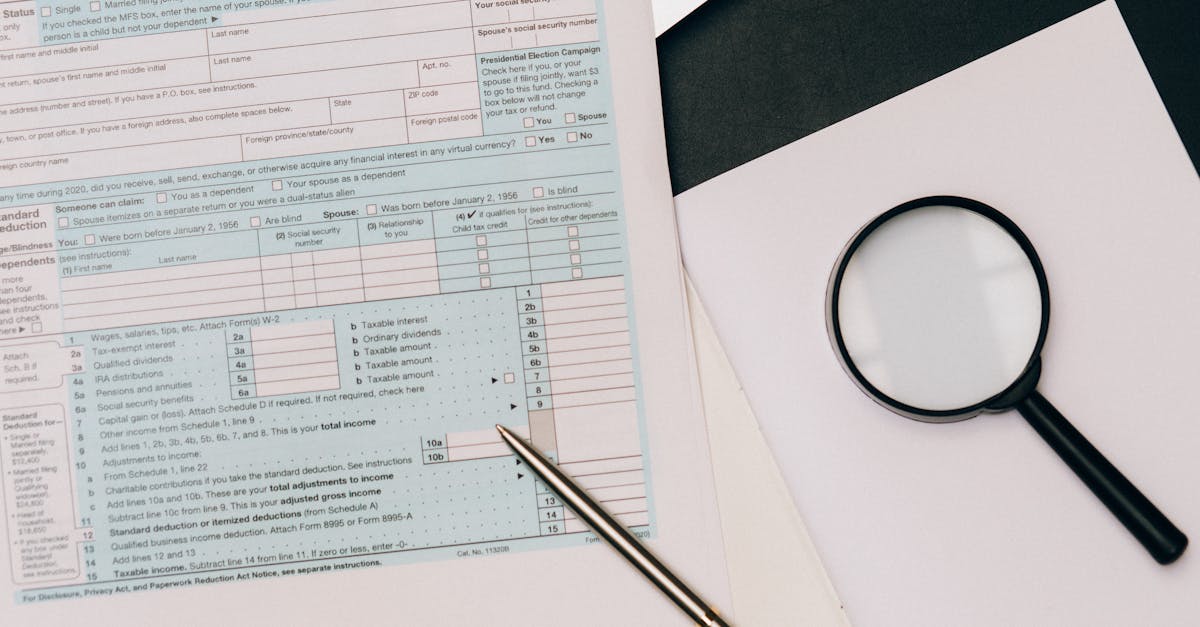
Advertisement
Conclusion
Tax planning requires proactive and informed decision-making for self-employed individuals. By understanding liabilities, keeping precise records, and maximizing deductions, you can effectively manage your tax responsibilities. Consulting a tax professional and planning for the future ensures better financial health.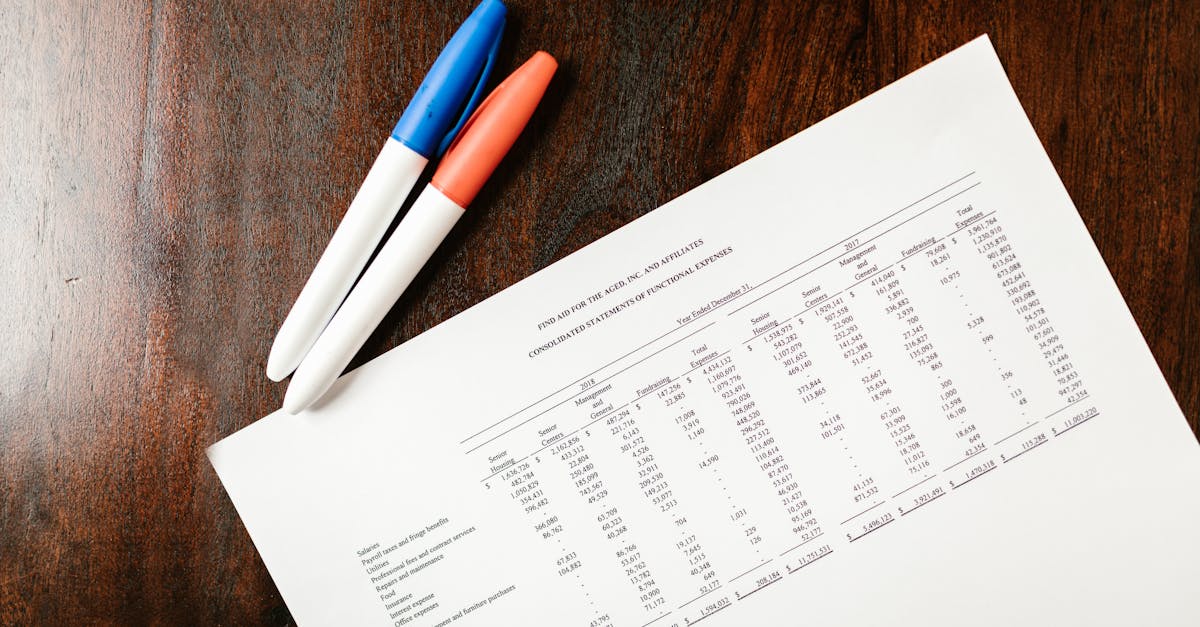
Advertisement







